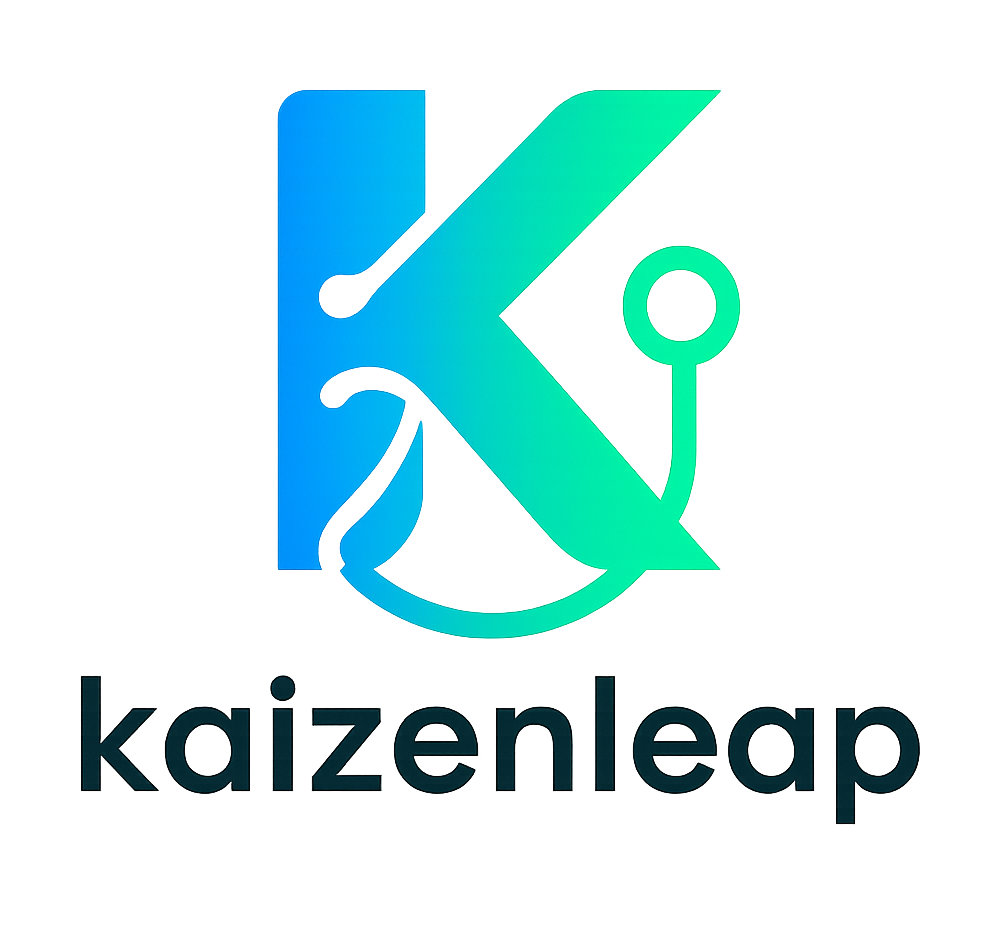What Elon Musk’s Talk With Y Combinator Got Me Thinking About. And Why It Matters for Post-Acute Care
Founder Discussion Elon Musk, Health Tech Startups, Long-Term Care, Post-Acute Innovation, Skilled Nursing, Technology AdoptionI watched Elon Musk’s recent talk on digital superintelligence (~50 minutes worth watching especially if you’re a nerd like me.) I’m a huge fan of Elon, so keep that in mind while you read this post. While I don’t usually take business cues from celebrity tech founders, a few things he said stuck with me. I’ve been sitting with those ideas, and I want to share how they apply to the people I care most about in this industry – the builders trying to make healthcare better, and the operators doing the hard work of delivering care in post-acute settings.
When someone with access to the best minds in AI says we’re approaching digital superintelligence “this year or next for sure,” I think it’s worth listening. Especially if you’re working in a sector that doesn’t exactly move at lightning speed.
AI isn’t coming. It’s already here.
That was one of Musk’s central messages. And honestly, he’s right.
For healthtech founders, it means AI can’t just be mentioned in your pitch deck… It should to be integrated deeply into your workflows, your value prop, and most importantly, your risk framework. If you’re building something for use in long-term care, it has to be safe, predictable, and useful out of the gate.
And for operators, you don’t need to understand AI in the technical sense to benefit from it. You just need trusted partners who can vet what’s real and what’s hype, and help you put it to work in ways that make your team’s lives easier and your residents’ care better.
Be radically useful.
This one sounds more like a directive from Steve Jobs… Another hero of mine. Ha! But it was another core takeaway from Musk. Be useful. Everything else is noise. It’s not revolutionary, but it resonates.
To the founders I’m having conversations with, usefulness in the post-acute ecosystem isn’t just about what your product can do. It’s about how easily it can be adopted, how clearly it reduces friction (cost,) and whether it respects the realities of clinical life and management of a SNF business.
To operators, elevate your team members who bring forward practical, thoughtful solutions even if they’re small. Reward insight, not just tenure. And choose tech partners who understand your constraints, not just sell you a dashboard.
Think longer than the quarter.
Musk’s version of long-term thinking is Mars. Ours might be more grounded, but it’s no less ambitious.
Founders should think about what earns their product a permanent seat at the table. If it only works in a demo, or it can’t survive a CMS audit, it’s not ready.
If you’re running a facility or a group, what’s the tech foundation you’re laying now that will carry you forward five years? Are you solving for today’s pain, or designing for tomorrow’s capacity?
The future is already being built.
For good or bad, Elon doesn’t wait around for permission to build the future he envisions.
We need more of that mindset in post-acute care. Because the problems we’re facing (the obvious ones) staffing, reimbursement, patient complexity aren’t going away. They demand innovation that’s grounded and forward thinking.
We founded Kaizenleap to help tech founders and healthcare operators to meet each other where they are, and push things forward together. We vet tools that are ready for prime time, and help operators pilot solutions that actually fit their environments and improve their margins.
That’s the work. That’s the leap.
Let’s keep going.
If you’re building something that could work in post-acute care, or if you’re running an operation that’s ready to try something new – I’d love to talk.
Heres’ the link to the full discussion with Y Combinator. It was posted on the 15th of this month, and I think it’s a great way to spend 50 minutes of your life!
Robert E. Dugas is Co-Founder of Kaizenleap Solutions, bringing 25+ years of experience in the post-acute domain. Learn more at https://kaizenleap.com/about-us/
